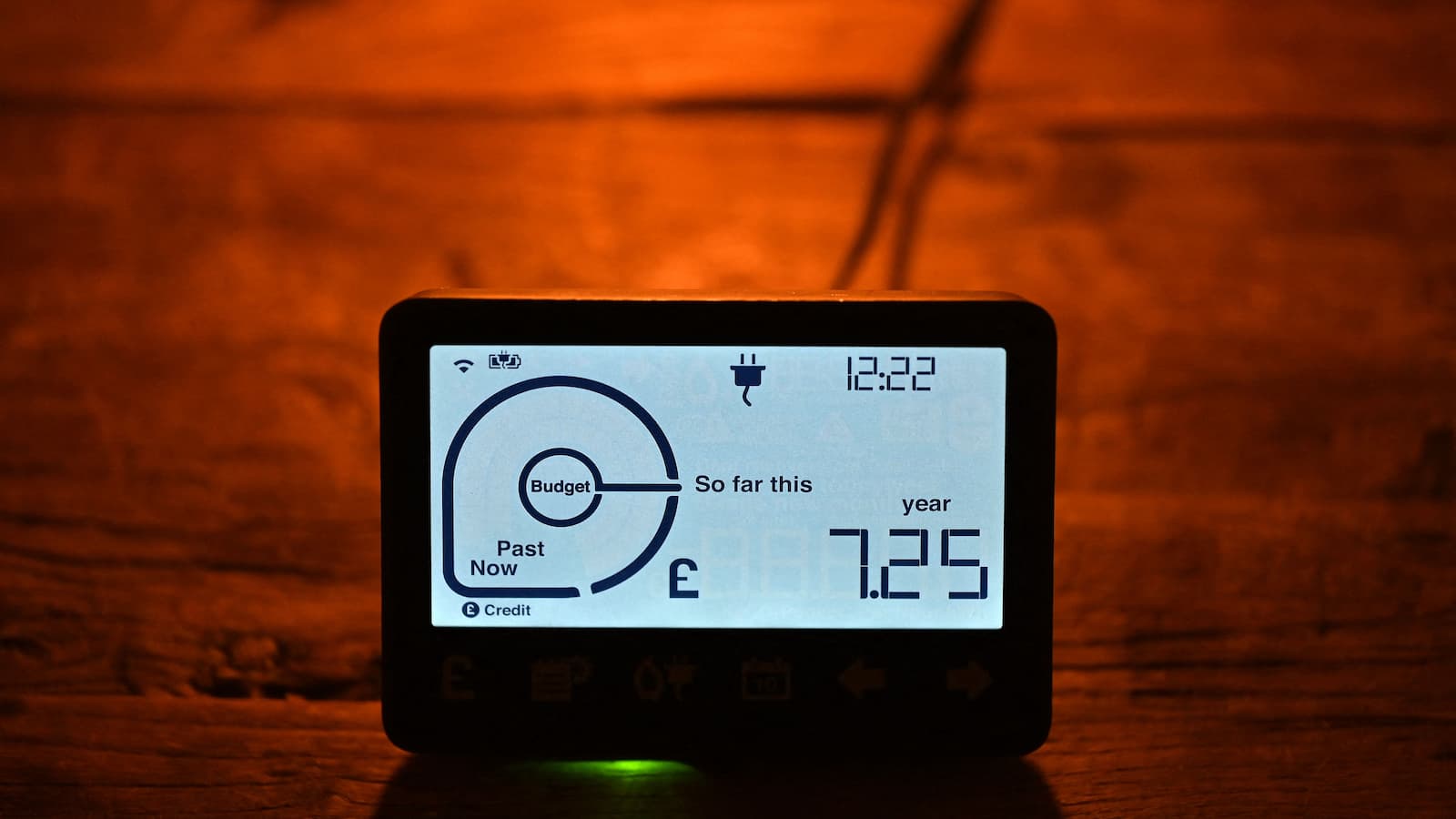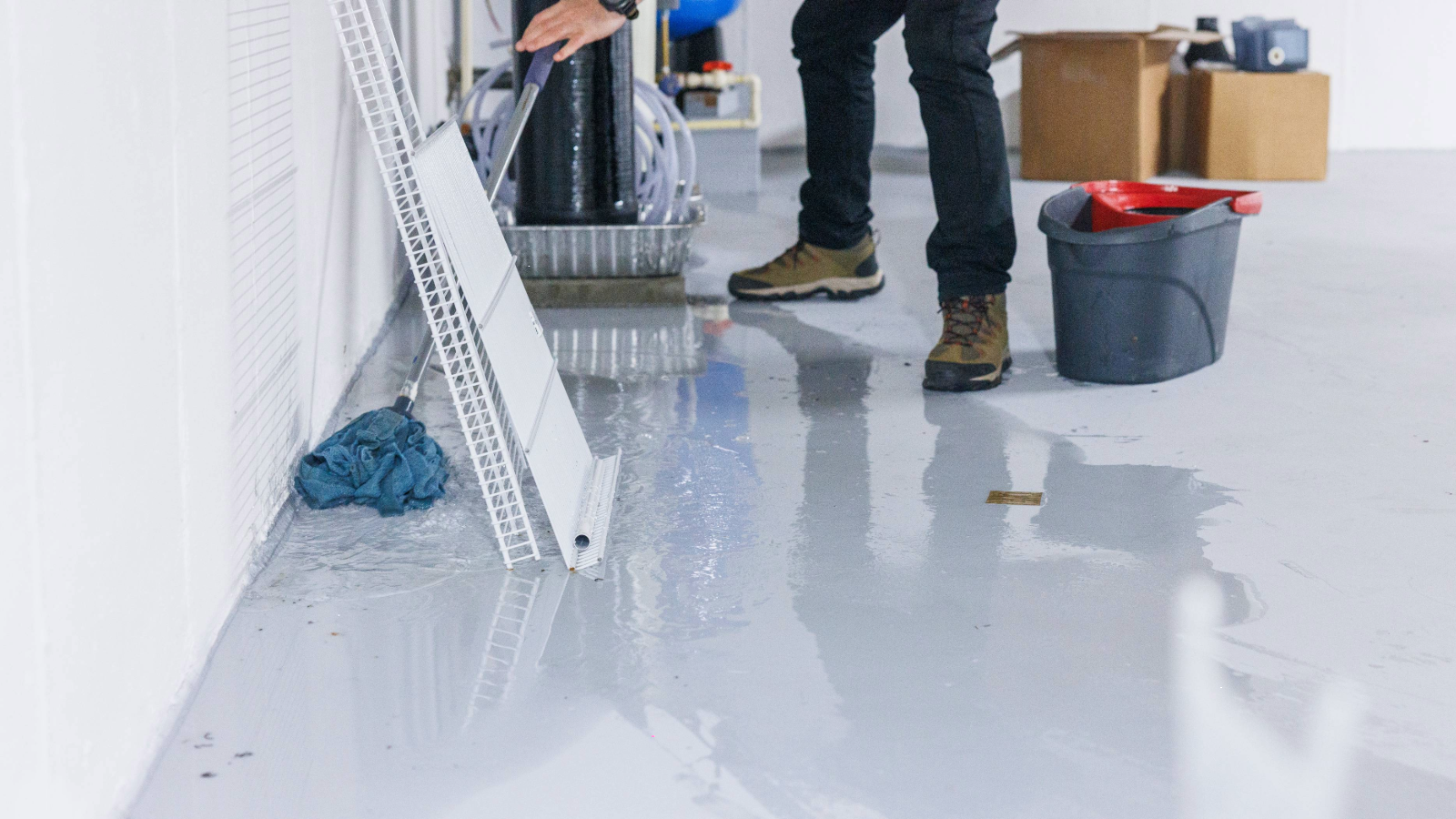Over 600,000 households to be forced onto smart meters amid energy warnings
A warning has been sent out to households that still use RTS meters that the outdated system will need to be replaced by smart meters

A smart meter warning has been issued to over 600,000 households and businesses still relying on outdated Radio Teleswitch Service (RTS) meters.
With the system set to shut down permanently on 30 June 2025, those who fail to upgrade risk losing heating, hot water and access to cheaper off-peak rates.
Ofgem, alongside energy suppliers British Gas, EDF, EON, Ovo, and Octopus, is urging customers to act swiftly to avoid disruptions and further challenges, especially as energy price rises continue to strain household budgets.
Outdated meters set to go offline
The RTS system, introduced in the 1980s to manage off-peak energy tariffs like Economy 7, will be permanently switched off on 30 June 2025.
The technology, which uses BBC Radio 4’s longwave signal, has reached the end of its operational life.
Charlotte Friel, Director for Retail Pricing and Systems at Ofgem, highlighted the urgency: “This high-profile campaign aims to enhance the ongoing efforts to reach affected customers and ensure they book their meter upgrade. Failure to act could lead to customers losing control over their heating or hot water, or facing higher bills.”
Ofgem confirmed that all RTS customers should have been contacted by their energy supplier by the end of 2024. The campaign includes TV, radio, and billboard adverts, with TV presenter Lorraine Kelly helping to raise awareness.
Bring your dream home to life with expert advice, how to guides and design inspiration. Sign up for our newsletter and get two free tickets to a Homebuilding & Renovating Show near you.
🚨 650,000 people have meters using the Radio Teleswitch Service. The RTS signal is being switched off, everyone with an RTS electricity meter will need it replacedIf your energy supplier contacts you take action to book your installationMore here https://t.co/vXxeOFHSn6 pic.twitter.com/glOTFmGyFNDecember 17, 2024
Smart meters to replace RTS Technology
Smart meters are being promoted as the primary replacement for RTS meters, offering customers.
Ofgem say that smart meters provide real-time energy data, potentially helping households better manage consumption and access flexible tariffs.
Friel added: “Smart meters can open up a wider range of tariffs and give customers more visibility over their energy use, ultimately helping them save money.”
The government has pledged to ensure a smooth transition, working closely with Ofgem and energy companies.
How to tell if you have a RTS meter
To determine if your electricity meter is a Radio Teleswitch Service (RTS) meter, look for these signs:
- Switch box labelled "Radio Teleswitch": Check near your meter for a device explicitly marked with this label.
- Electric or storage heaters: RTS meters are often paired with these types of heating systems.
- No gas supply: You may have an RTS meter if your area doesn’t have a gas network, such as in rural areas or blocks of flats.
- Time-based energy tariff: If your energy tariff offers cheaper rates at specific times, like Economy 7, Economy 10, or Total Heat Total Control, you might have an RTS meter.
How to avoid scams and prepare early
With the looming deadline, Ofgem warns customers to be cautious of scams.
“Upgrades come at no extra cost,” an Ofgem spokesperson assured. Customers are advised to contact their supplier if they have concerns about their options.
Dhara Vyas, CEO of Energy UK, stated: “Energy suppliers are working closely with Ofgem and consumer groups to ensure a seamless upgrade process. By acting now, customers can avoid disruption and enjoy the benefits of modern energy management.”
Ofgem are warning that those who fail to upgrade to a smart meter upgrade risk network disruptions and increased costs.

News Editor Joseph has previously written for Today’s Media and Chambers & Partners, focusing on news for conveyancers and industry professionals. Joseph has just started his own self build project, building his own home on his family’s farm with planning permission for a timber frame, three-bedroom house in a one-acre field. The foundation work has already begun and he hopes to have the home built in the next year. Prior to this he renovated his family's home as well as doing several DIY projects, including installing a shower, building sheds, and livestock fences and shelters for the farm’s animals. Outside of homebuilding, Joseph loves rugby and has written for Rugby World, the world’s largest rugby magazine.
